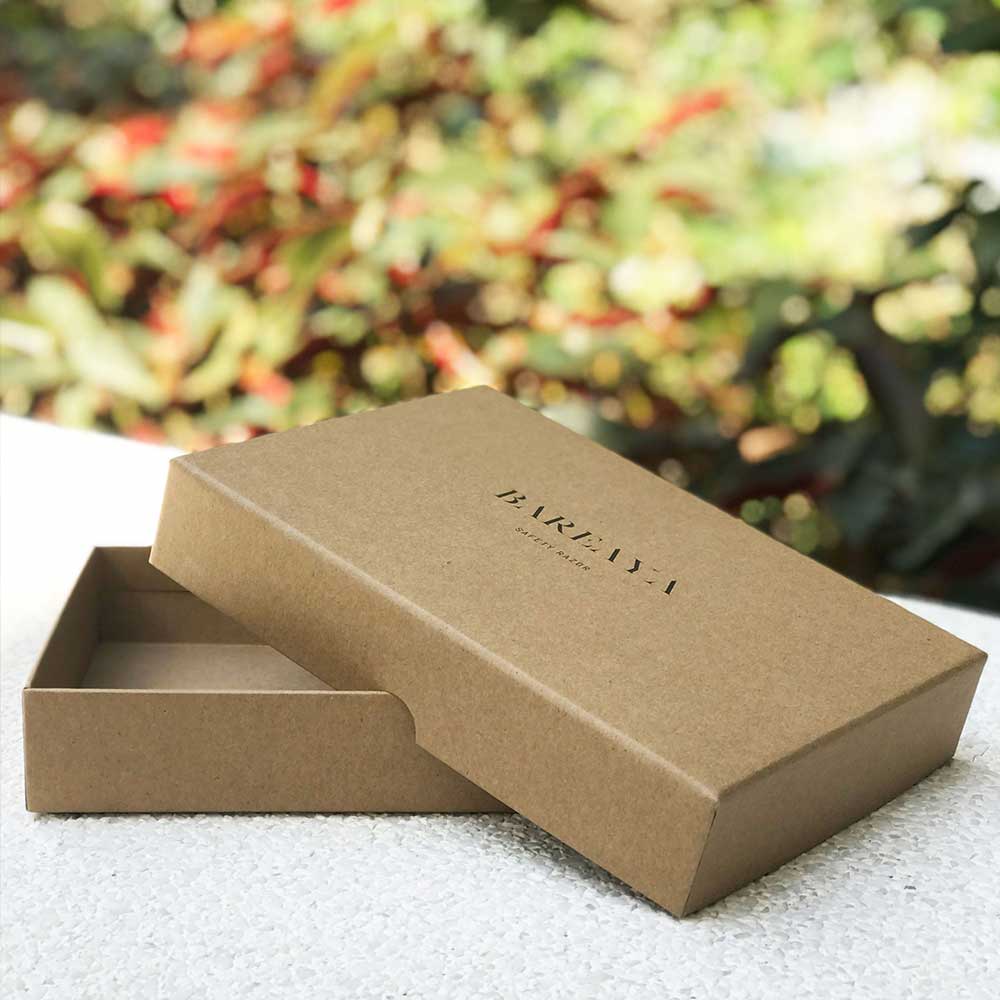Educational institutes with various lab setups need to ensure that they are equipped with advanced, powerful, high-tech equipment that, above all, is safe to use by the students.
Generally, educational lab equipment includes the tools, instruments, apparatus, and materials used in educational settings. These educational settings can be in schools, colleges, universities, or at home (for those passionate about experimentation).
The purpose of incorporating educational lab equipment in the school’s curriculum is:
- Practical application: non-traditional teaching methods can have a better impact than hands-on experiments. Science and every topic covered under it is best understood with the practical application of diverse educational lab equipment.
- Active learning: Using educational lab equipment enhances active learning as students participate in experiments, make observations, collect data, and draw conclusions.
- Skill development: Lab equipment promotes the development of various skills such as critical thinking, problem-solving, analytical reasoning, data analysis, and teamwork.
- Best way to bridge theory and practice: Educational lab equipment exporters get efficient and effective equipment to the labs that are ideal for bridging every gap between theoretical knowledge gained in classrooms and real-world applications. This bridging lays the foundation for a deeper understanding of the subject matter.
- Stimulating curiosity: how to satiate and kindle the curiosity of young minds is the focus of educational lab equipment manufacturers. Children are curious at a young age. The hands-on nature of lab experiments sparks this curiosity more and encourages students to ask questions, explore scientific phenomena, and develop a lifelong passion for learning.
- Better Knowledge Retention: Hands-on experiments improve students’ information retention to a great extent. They experience concepts firsthand, making the knowledge more memorable and meaningful.
- Career preparation: Exposure to lab equipment at an early stage prepares students for future careers in science, technology, engineering, and mathematics (STEM). The introduction of lab equipment early familiarizes them with the tools and techniques commonly used in these disciplines.
- Collaboration and communication: Lab activities often require students to work in teams, promoting collaboration, communication, and the development of interpersonal skills.
- Encouraging scientific inquiry: The use of lab equipment empowers students to ask questions, formulate hypotheses, design experiments, and seek answers, fostering a spirit of scientific inquiry.
- Personal growth: Engaging with lab equipment early on nurtures various essential skills. It enhances their patience, precision, attention to detail, and resilience, contributing to the student’s overall personal and intellectual growth.
Where to get such quality educational lab equipment? From Atico Export, the best educational lab equipment exporters are redefining how education is implemented in schools.
Hands-on Learning With Educational Laboratory Equipment
Educational Lab Equipment by the most trusted Educational Lab Equipment Manufacturers, Atico Export, is ideal. Every piece of equipment is designed to actively encourage hands-on learning with educational laboratory equipment. Schools can provide students with a well-rounded education that combines theoretical knowledge with practical skills, preparing them for future academic and professional pursuits.
Physics Lab Equipment
There is no limit to the equipment supplied by educational lab equipment suppliers. Some of the most demanded physics lab equipment are:
- Vernier calipers and micrometers: measure length and diameter.
- Oscilloscopes: study electrical waveforms.
- Pulleys and inclined planes: help study mechanical principles.
- Lenses, mirrors, and prisms: help study light and optics.
Chemistry Lab Equipment
Students have a great experience in understanding chemicals and their reactions with specialized equipment like:
- Bunsen burners: heating and flame-based experiments.
- Beakers, test tubes, and flasks: mix and hold chemicals.
- Pipettes and burettes: provide precise volume measurements.
Many more pieces of equipment are included in the respective Educational Lab Equipment list. Information about their salient features is available from Educational Lab Equipment suppliers. They shall guide you on making the most of your chemistry lab experiments with apt equipment.
Biology Lab Equipment
- Microscopes: observe cells, tissues, and microorganisms.
- Petri dishes: culture microorganisms.
- Dissection kits: for studying anatomy and organ systems.
- Centrifuges: for separating mixtures of biological substances.
Environmental Science Lab Equipment
Educational lab equipment exporters have diversified their product range with equipment that gives students insight into environmental science. It includes these and many more:
- Water testing kits: analyze water quality parameters.
- Soil testing equipment: assess soil composition and fertility.
- Anemometers: measuring wind speed and direction.
- Light meters: quantifying light intensity.
Engineering and Robotics Lab Equipment
Educational lab equipment exporters are witnessing a great demand globally for this category in school Educational Lab Equipments. It includes:
- Arduino microcontrollers and sensors: build electronic projects.
- 3D printers: prototyping and manufacturing objects.
- Robotics kits: design and programme robots.
- Circuit boards and breadboards: for building and testing electrical circuits.
School Educational Lab Equipment includes maths lab equipment as well. It includes equipment as per the application:
Geometric Shapes and Manipulatives
- Geometric solids: explore three-dimensional shapes and their properties.
- Pattern blocks: create patterns, symmetry, and explore geometric relationships.
- Geoboards with rubber bands: understanding area, perimeter, and angles.
Measurement Tools
- Rulers, tape measures, and measuring tapes: measure units, length, and distance.
- Digital scales and balances: measures weight and mass.
- Protractors: measure and construct angles.
- Compasses for drawing circles and arcs.
Math Manipulatives and Games
- Base-ten blocks: helps with place value, addition, and subtraction.
- Fraction bars: and circles for visualizing fractions, decimals, and percentages.
- Dice, playing cards, and board games: learning the concept of probability, counting, and strategic thinking.
These are just a few examples of school Educational Lab Equipment. The specific Educational Laboratory Equipment used may vary depending on the grade level and curriculum. Every equipment mentioned in the educational lab equipment list aims to improve students’ cognitive understanding. The equipment is an ideal visual aid that facilitates the best form of learning, learning by doing.



